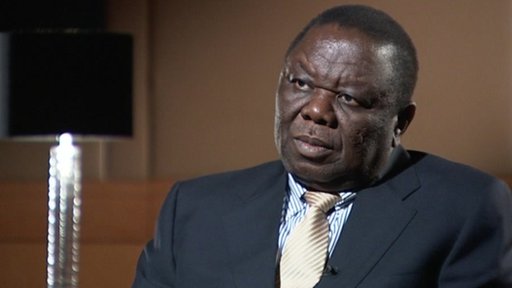BY ROB SALERNO – By now it’s clear that the push led by Britain to have the Commonwealth of Nations agree to scrap Victorian, colonial-era laws prohibiting homosexuality that are still in effect in 41 member countries is a dismal failure.
But the moral approbation of the Commonwealth wasn’t the only trick up British PM David Cameron’s sleeve. Cameron’s now saying that future British aid to developing countries may be tied to progress on human rights, including basic respect for gays and lesbians. ![]()
It remains to be seen how this threat will be carried out. Cameron was already hedging that he understands nations have to undergo a “journey” on gay rights — that they’re not going to go from “gay sex is illegal” to “same-sex marriage” overnight (same-sex marriage isn’t even legal in the UK yet, although Cameron’s promised action down the road on that, too).
It also appears that Cameron is talking only of direct government budget aid, rather than more punitive restrictions. So aid could still go to non-governmental organizations, charities and international groups working in anti-gay countries, which is the right thing to do. After all, it would be pretty poor to suspend food aid altogether to a famine-ravaged nation just because its government hates gay people.
On the other hand, the move plays directly into the hands of anti-gay politicians who claim that they’re standing up to “colonial” attitudes from the West. And that’s exactly what leaders in Zimbabwe, Uganda, Zambia and Ghana are saying about Cameron’s threat. (Nigeria doesn’t need to worry, since it has massive oil wealth.)
Uganda’s presidential advisor says Britain should stop treating his country “like children,” which is puzzling to me, because usually when a child becomes an adult, you stop giving it money with no strings attached.
On a positive note, Zimbabwe’s opposition leader and Prime Minister Morgan Tsvangirai came out over the weekend in favour of enshrining human rights for gay and lesbian Zimbabweans in the new constitution, which is currently being drafted. Currently, neighbouring South Africa is the only African country that enshrines gay rights in its constitution. Tsvangirai was quickly vilified in several Zimbabwean media outlets that (from this outsider’s perspective) appear to be strongly tied the governing ZANU-PF coalition of President Robert Mugabe. But it’s encouraging that Tsvangirai is not backing down, even in the face of accusations that he’s doing this only to curry favour with the West (although to be fair, after 31 years of Mugabe’s rule, which has brought increasing poverty and isolation to the country, it’s possible that “currying favour with the West” might actually be an attractive option to Zimbabweans).

This blog post on Zimbabwe Metro (no apparent connection to the Metro chain of newspapers in the West, despite the rip-off logo), is pretty typical of the commentary I’m seeing online. I love how they’ve illustrated “homsexuality” by using two white Latino pornstars and the straight white actors from the movie Shelter.

Incidentally, let’s not single out just Africa for its anti-gay countries. Former British colonies in the Americas and the Caribbean (Jamaica, Trinidad & Tobago, Belize, Barbados, St Kitts and Nevis, St Vincent and the Grenadines, Guyana), Asia/Pacific (Papua New Guinea, Solomon Islands, Pakistan, Brunei, Singapore) and even Europe (Turkish North Cyprus, although Britain does not recognize the country) still criminalize and persecute homosexuals.

 Why you can trust Xtra
Why you can trust Xtra


